Unlocking the Power of Research: A Guide to Academic Resources for Developing Methodologies With enthusiasm, let’s navigate through the intriguing topic related to Unlocking the Power of Research: A Guide to Academic Resources for Developing Methodologies. Let’s weave interesting information and offer fresh perspectives to the readers.
Unlocking the Power of Research: A Guide to Academic Resources for Developing Methodologies
In the ever-evolving landscape of knowledge, research methodologies serve as the bedrock of meaningful insights. Whether you’re a seasoned researcher or just beginning your academic journey, understanding and mastering research methodologies is crucial for generating actionable insights. This comprehensive guide delves into the wealth of academic resources available to help you develop robust and effective research methodologies.
1. The Foundation: Understanding the Research Process
Before diving into specific methodologies, it’s vital to grasp the overall research process. This involves a series of interconnected stages, each requiring careful consideration:
- Defining the Research Question: Start by formulating a clear and specific research question that guides your entire investigation.
- Literature Review: Thoroughly explore existing research on your topic, identifying gaps in knowledge and formulating your hypothesis.
- Methodology Selection: Choose the most appropriate research methodology based on your research question and the nature of your data.
- Data Collection: Gather relevant data through diverse methods, ensuring reliability and validity.
- Data Analysis: Analyze your collected data using appropriate statistical or qualitative techniques.
- Interpretation and Discussion: Interpret your findings, drawing conclusions and discussing their significance within the broader context of your research question.
- Dissemination: Share your research findings through publications, presentations, or other communication channels.
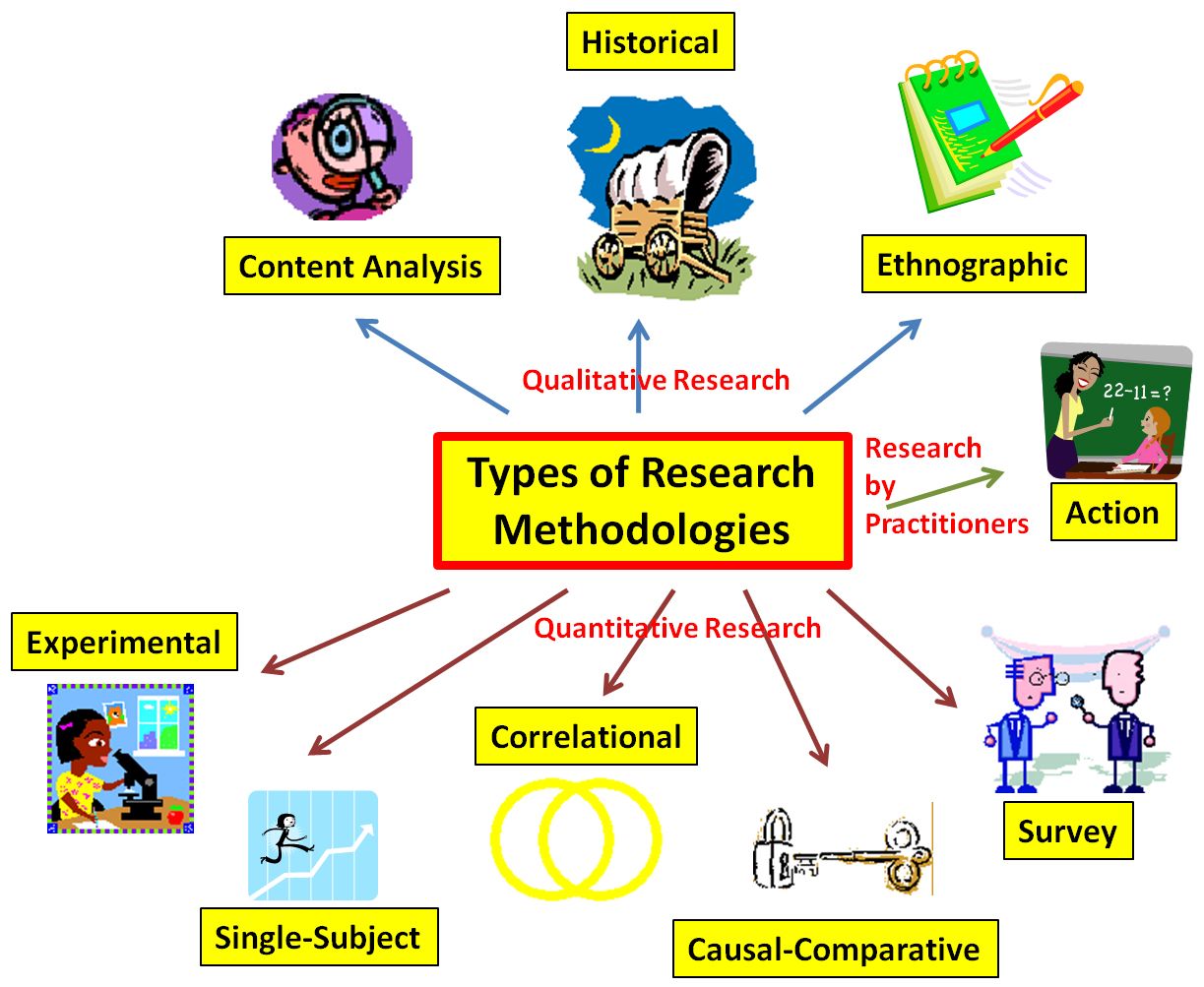
2. Navigating the Labyrinth: Choosing the Right Methodology
The vast array of research methodologies can be daunting. Understanding the key distinctions between quantitative and qualitative approaches is essential:
- Quantitative Research: This approach relies on numerical data, seeking to measure and quantify phenomena. It emphasizes objectivity and generalizability, often employing statistical analysis to test hypotheses.
- Qualitative Research: This approach focuses on understanding the subjective experiences, perspectives, and meanings associated with a phenomenon. It emphasizes in-depth exploration and rich descriptions, often using methods like interviews, focus groups, and observation.
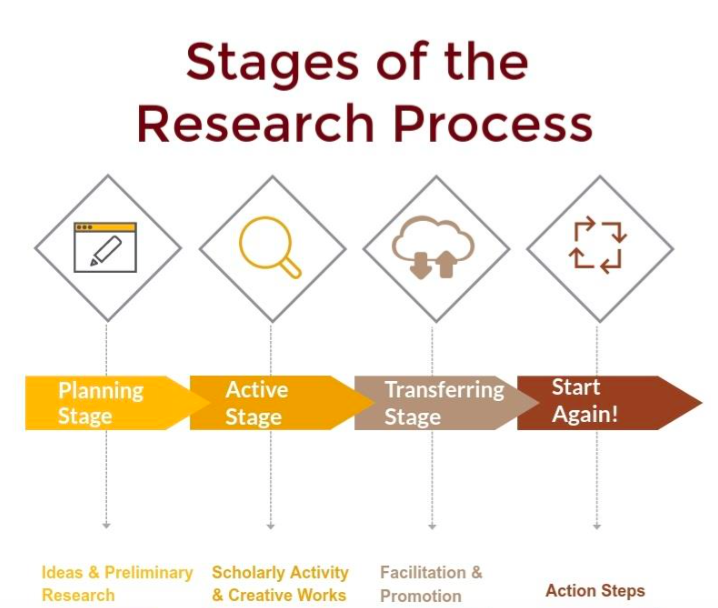
Within these broad categories, various specific methodologies exist, each tailored to different research objectives. Some popular examples include:
- Surveys: A structured questionnaire used to gather data from a large sample, ideal for exploring attitudes, beliefs, and behaviors.
- Experiments: Controlled studies designed to test hypotheses by manipulating variables and observing the effects.
- Case Studies: In-depth investigations of a specific individual, group, or event, providing rich context and detailed insights.
- Grounded Theory: An inductive approach that aims to develop theories based on the analysis of data, often used in qualitative research.
- Ethnography: An immersive approach where researchers study a specific culture or group by observing their behavior and interacting with them directly.
3. Academic Resources at Your Fingertips
A plethora of academic resources are available to guide you in developing robust research methodologies:
3.1. Online Databases and Repositories
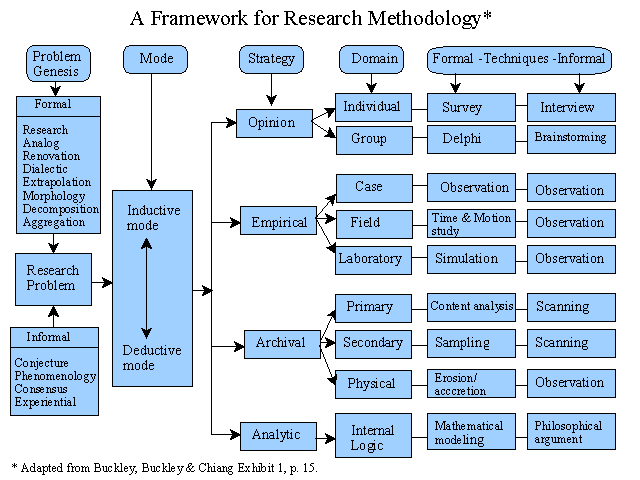
- JSTOR: A vast digital library containing over 12 million academic journals, books, and primary sources across various disciplines.
- Google Scholar: A powerful search engine specifically designed for academic literature, offering access to millions of scholarly articles.
- ResearchGate: A social networking platform for researchers, providing access to research papers, data, and collaboration opportunities.
- PubMed: A comprehensive database of biomedical literature, including journal articles, books, and clinical trials.
- ERIC (Education Resources Information Center): A vast database of educational research, covering topics from early childhood education to higher education.
3.2. Academic Journals
- Qualitative Research: A leading journal dedicated to promoting excellence in qualitative research methods and applications.
- Quantitative Methods in Psychology: A journal focusing on quantitative research methods in psychology, including statistics, experimental design, and measurement.
- Journal of Mixed Methods Research: A journal exploring the integration of qualitative and quantitative approaches in research.
- Journal of Research Design and Analysis: A journal publishing articles on research design, data analysis, and statistical methods.
3.3. Textbooks and Handbooks
- "Research Methods in Education" by L. Ary, C. Jacobs, and A. Razavieh: A comprehensive guide to research methods in education, covering both quantitative and qualitative approaches.
- "Qualitative Research & Evaluation Methods" by M. Patton: A classic text on qualitative research methods, offering practical guidance and real-world examples.
- "The SAGE Handbook of Qualitative Research" edited by N. Denzin and Y. Lincoln: A comprehensive collection of essays on various qualitative research methodologies.
3.4. University Libraries and Research Centers
- University Libraries: Offer access to a vast collection of books, journals, databases, and other research resources.
- Research Centers: Specialize in specific research areas, providing expertise, resources, and collaboration opportunities.
4. Actionable Insights: Applying Research Methodologies
The ultimate goal of research is to generate actionable insights that can inform decision-making and contribute to positive change. Here’s how to leverage your chosen methodology to achieve this:
- Rigorous Data Collection: Ensure the accuracy and reliability of your data through appropriate sampling techniques, standardized procedures, and quality control measures.
- Appropriate Data Analysis: Select statistical or qualitative analysis techniques that align with your research question and the nature of your data.
- Clear and Concise Reporting: Present your findings in a clear, concise, and objective manner, using graphs, tables, and other visualizations as needed.
- Meaningful Interpretation: Go beyond simply describing your results; connect your findings to existing literature and explore their implications for theory and practice.
- Practical Recommendations: Based on your insights, formulate actionable recommendations that can be implemented to address the research question or solve a specific problem.
5. The Continuous Learning Journey
Developing strong research methodologies is an ongoing process. Stay updated on emerging trends and advancements in research methods by:
- Attending Conferences and Workshops: Engage with leading researchers and learn about new methodologies and applications.
- Joining Professional Organizations: Connect with peers and stay informed about research advancements in your field.
- Engaging in Collaborative Research: Collaborate with other researchers to broaden your perspectives and learn from diverse methodologies.
- Reflecting on Your Practice: Continuously evaluate your research process, identify areas for improvement, and refine your methodologies over time.
Conclusion
By leveraging the wealth of academic resources available, you can develop robust research methodologies that unlock the power of knowledge. From understanding the research process to choosing the right methodology and applying it to generate actionable insights, this guide equips you with the tools and knowledge necessary to embark on a rewarding research journey. Remember, the pursuit of knowledge is a continuous journey, and by embracing ongoing learning and critical reflection, you can contribute to the advancement of your field and beyond.
Closure Unlocking the Power of Research: A Guide to Academic Resources for Developing Methodologies
Thus, we hope this article has provided valuable insights into Unlocking the Power of Research: A Guide to Academic Resources for Developing Methodologies. We appreciate your attention to our article. See you in our next article!
Related Articles: Unlocking the Power of Research: A Guide to Academic Resources for Developing Methodologies
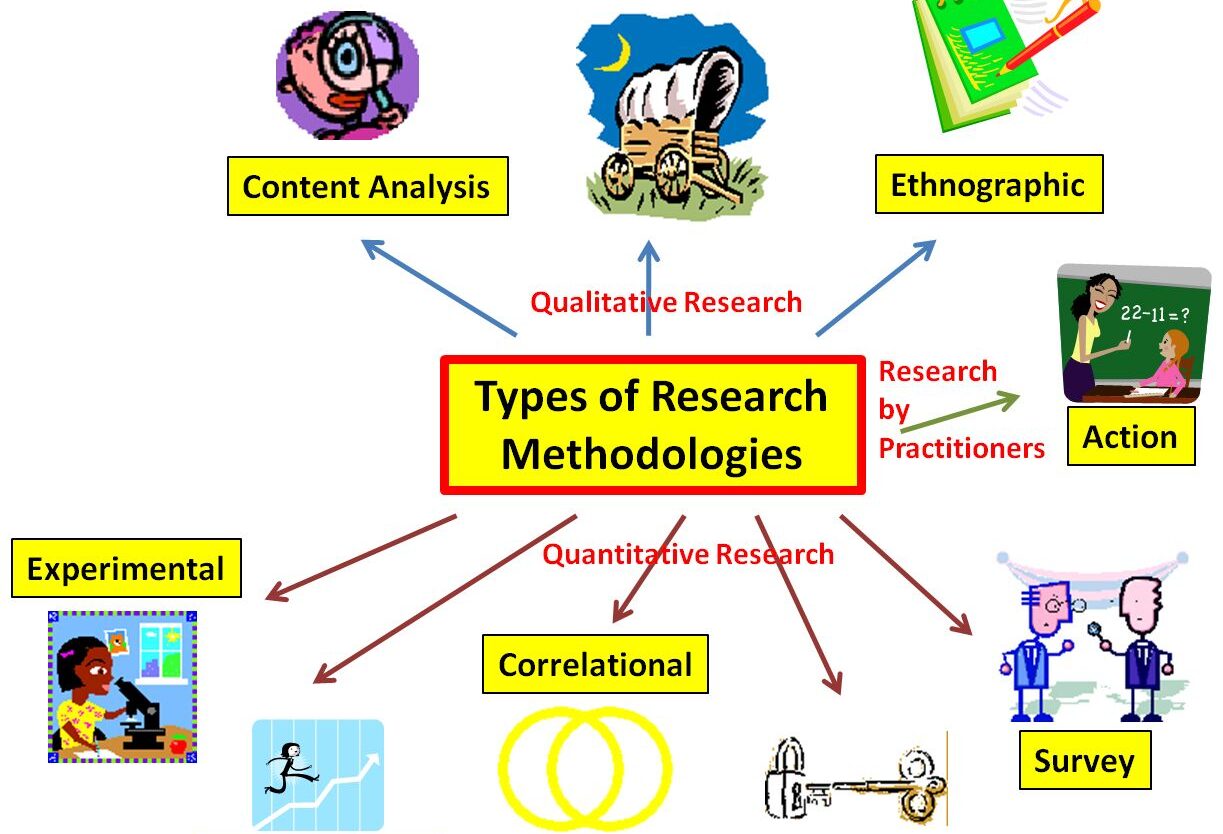
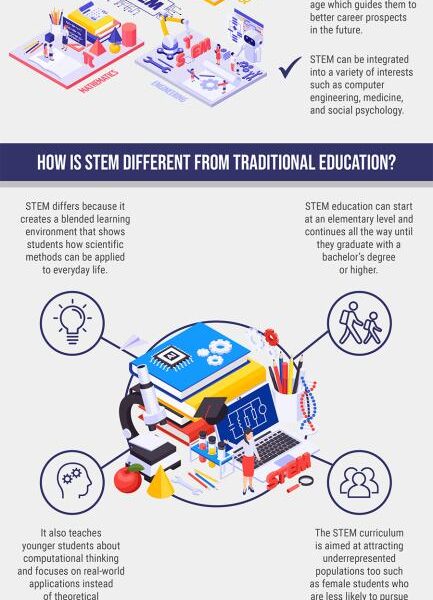
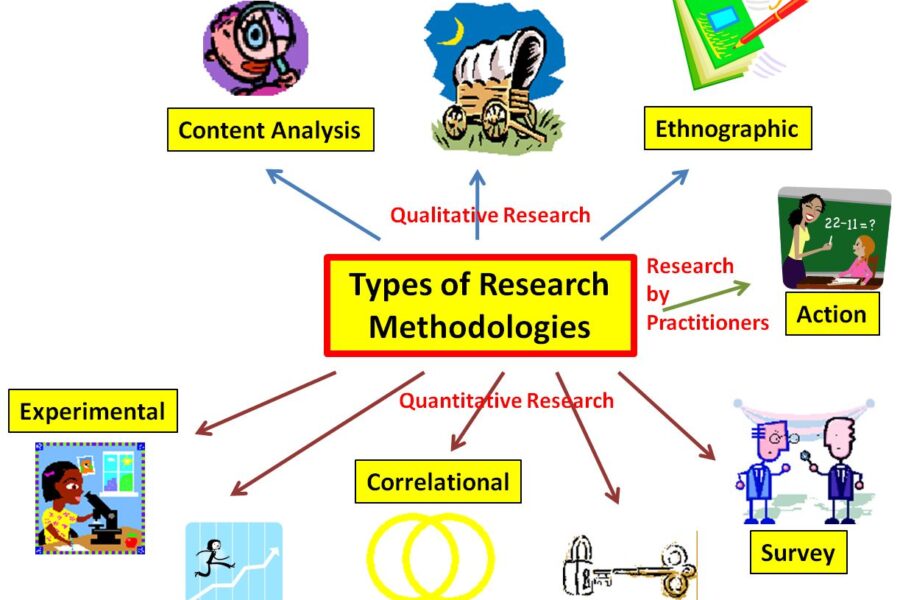
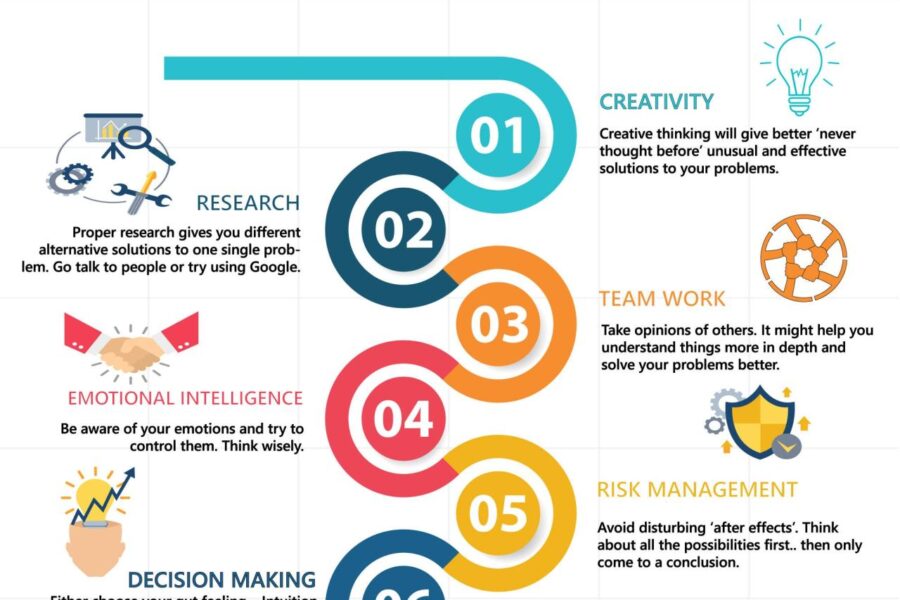

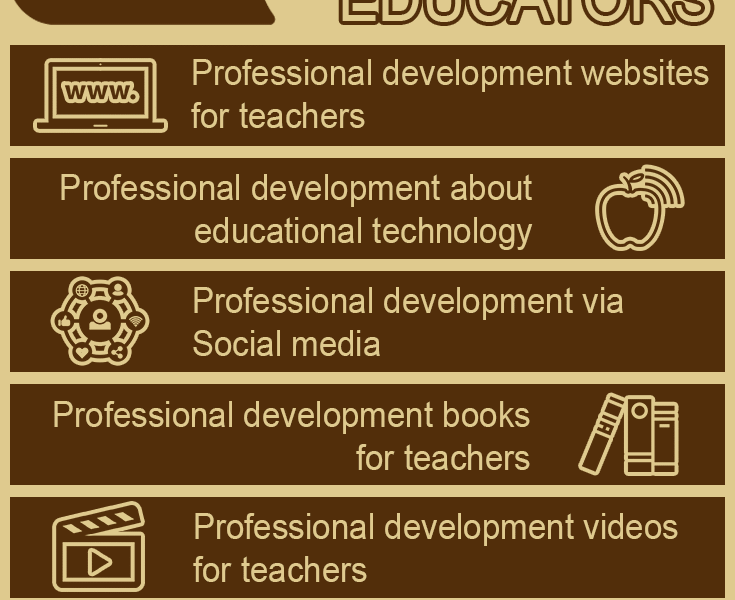
Leave a Comment